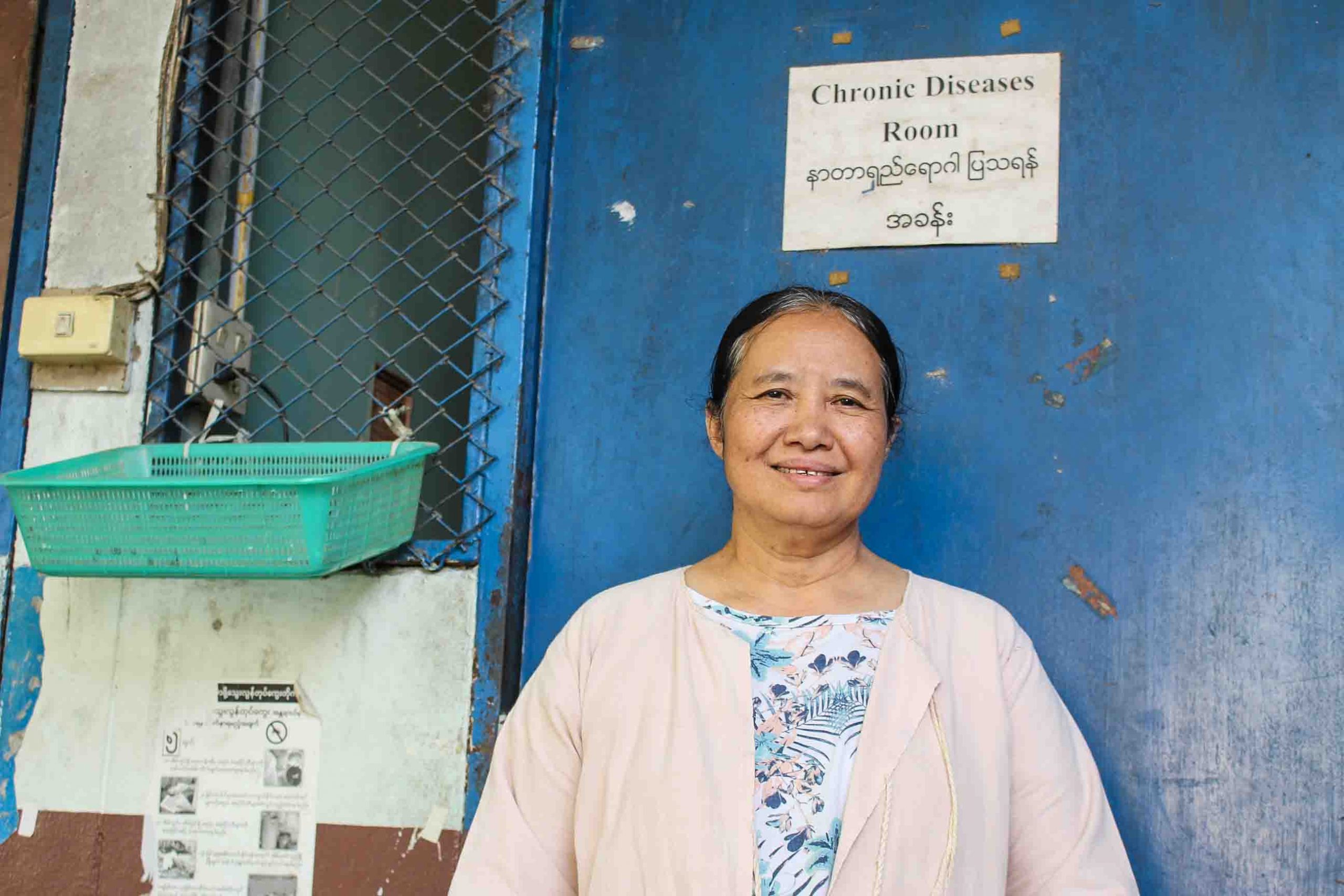Four years after a preliminary ceasefire agreement was reached in southeastern Burma’s Karen State, rights advocates say that women are far from reaching equal treatment despite demonstrable improvements.
The Karen Human Rights Group (KHRG) on Wednesday published a comprehensive report chronicling the experiences of nearly 100 women in southeastern Burma from 2012 to early 2016, identifying key challenges for women and girls as the region takes early steps to end one of the world’s longest-running civil wars.
The report, titled “Hidden Strengths, Hidden Struggles”, concludes that some of the worst wartime abuses have subsided, such as forced labour and killings, but a new set of challenges has emerged while a culture of militarisation and impunity still grips Burma’s rural communities.
“Now, as the situation has changed since the ceasefire agreement, these abuses [such as forced labour] have been reduced,” said Naw Eh Thaw, KHRG’s advocacy coordinator, speaking to DVB. “On the other hand, other types of abuses are coming up.”
Gender-based violence, loss of land and limited access to justice remain among the most daunting problems women face in the region, perpetrated by a range of actors. In cases of violent abuse, the report said that offenders “routinely enjoyed impunity”, often threatening victims to deter reporting them.
Women suffered similar obstacles to justice with regard to land loss, a problem that has worsened in the wake of Burma’s reform process due to increased development efforts and industrial expansion. Specifically, villagers and local authorities remain either unaware of or unfaithful to tenure rights, and women experience more difficulty than men in securing meetings with officials.
[related]
Complicating matters is a noticeable decline in women’s leadership at the local level, the report said, a troubling development in a country where women account for less than four percent of representatives in sub-national governance. At the national level, last year’s election saw women’s representation shoot from about six to roughly 13 percent, and a woman, Aung San Suu Kyi, was appointed as the country’s de facto leader.
KHRG said that a bilateral ceasefire between Burma’s armed forces, or Tatmadaw, and the Karen National Union, followed by a so-called Nationwide Ceasefire Agreement in October 2015, has brought more men home from the frontlines or exile. Many men have returned to assume positions of power in their communities, often to the disadvantage of women who had taken the reins during wartime, the report said.
Broadly speaking, many of the issues that have long disadvantaged women in Burma’s conflicted ethnic areas remain. While access and reporting mechanisms have improved, justice remains elusive for women who experience abuse. Women with mental health issues or low levels of education were found to be most vulnerable. Access to education and healthcare are still worse for women and girls than they are for men, who enjoy more freedom and safety to live and travel away from their families.
Violent assault, killings and threats were found to disproportionately affect men in conflict and post-conflict areas, while, somewhat alarmingly, many such cases against women were related to accusations of witchcraft.
KHRG issued a number of recommendations to the government geared toward compliance with Burma’s commitment to the UN Convention on the Elimination of all forms of Discrimination Against Women (CEDAW), to which the country acceded in 1997.
The group recommended that Burma ratify the convention’s optional protocol, which would enable women to submit individual complaints to the CEDAW committee. It also encouraged urgent enactment of the Protection and Prevention of Violence Against Women Bill, which has been stuck in drafting committees for several years now despite the swift passage of a number of other laws viewed as discriminatory towards women.



